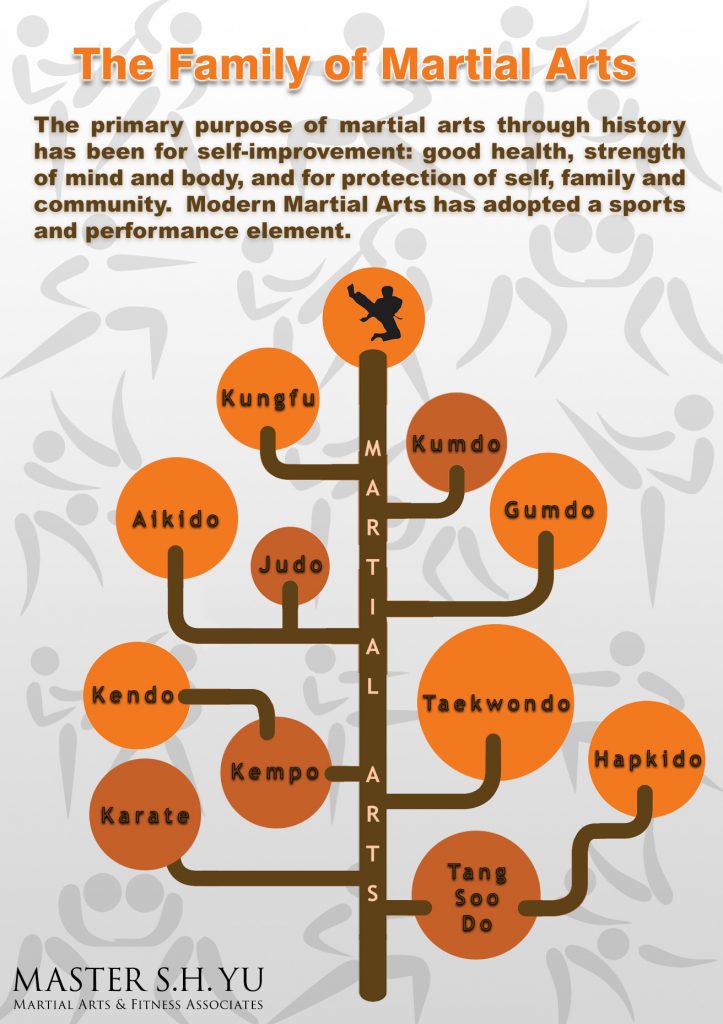The History And Ideology Of Martial Arts: A Deep Dive
The History And Ideology Of Martial Arts: A Deep Dive
Blog Article
Staff Writer-Adkins Martin
Step into the ancient globe where martial arts were substantiated of necessity in varied areas. Cultures crafted special battling styles linked with historic contexts. Strategies advanced over centuries with committed method and social exchanges. Today, modern martial arts mix typical aspects for maximum performance. Philosophically, martial arts stress technique, self-improvement, and harmony. Respect, humbleness, and equilibrium are foundational principles directing specialists towards growth and strength. Discover the midsts of this abundant history and ideology to discover the profound influences shaping this enduring self-control.
Origins of Fighting Style
Fighting style came from numerous areas worldwide, progressing as sensible fight systems to defend against threats. These old combating styles were developed out of necessity, with each culture crafting techniques suited to their unique settings and difficulties. From the grappling arts of Jujutsu in Japan to the striking strategies of Martial art in China, martial arts were deeply linked with the historic, social, and cultural material of their corresponding cultures.
In Japan, the samurai course refined martial arts like Kenjutsu, the art of the sword, which later developed right into the a lot more promoted form of Kendo. On the other hand, in Brazil, Capoeira became a mix of dancing and combat, developed by enslaved Africans as a method to withstand injustice. Each fighting style lugs with it a rich history and approach, reflecting the worths and beliefs of individuals that exercised them.
As you delve into the origins of martial arts, you discover a tapestry of human ingenuity, durability, and the stubborn spirit of warriors throughout time.
Advancement of Techniques
Via centuries of method and improvement, fight techniques within numerous martial arts have gone through an extensive evolution. From ancient styles like Kung Fu and Martial arts to much more modern-day techniques such as Brazilian Jiu-Jitsu and Krav Maga, the development of strategies has been driven by a mix of social influences, useful applications, and technological developments.
One significant facet of this advancement is the cross-pollination of strategies between various martial arts. As an example, techniques from traditional Japanese Jiu-Jitsu were integrated into the production of Judo by Jigoro Kano in the late 19th century. This blending of designs has actually resulted in the growth of hybrid martial arts like Mixed Martial Arts (MIXED MARTIAL ARTS), which combine components of striking, grappling, and entry strategies.
Moreover, the development of techniques has been formed by the boosting focus on efficiency and efficiency in fight. Practitioners have constantly looked for to improve their strategies with strenuous training, trial and error, and competition, causing the advancement of highly specialized and reliable fighting designs. On the whole, the advancement of methods in martial arts mirrors the dynamic nature of combat and the ongoing pursuit for enhancement and advancement.
Philosophical Foundations
Discovering the underlying thoughtful concepts of martial arts provides insight right into their core worths and directing beliefs. At https://patch.com/california/orange-county/karate-kid-oc-gets-nabs-gold-medal-win-help-nonprofit of lots of martial arts techniques is the concept of technique itself. By educating Suggested Internet site and body to act as one cohesive system, you cultivate self-control that extends beyond the dojo or gym into day-to-day life. This technique includes regard, humbleness, and self-constraint, shaping not just your physical capacities yet also your personality.
Another essential thoughtful foundation in martial arts is the concept of continuous self-improvement. The trip of understanding a martial art is relentless, with practitioners regularly striving to far better themselves, both literally and mentally. This focus on development fosters resilience, perseverance, and a development way of thinking that can be related to all facets of life.
In addition, martial arts stress the value of consistency and equilibrium. Techniques are created to make use of an opponent's energy versus them, highlighting the principle of producing and redirecting force as opposed to satisfying it head-on. This viewpoint encompasses interpersonal relationships, advertising calm resolutions and good understanding. By accepting these philosophical foundations, martial musicians not just enhance their fight abilities but likewise grow a way of life fixated personal development, respect, and harmony.
Conclusion
To conclude, the background and philosophy of martial arts offer an abundant tapestry of practice, self-control, and self-improvement.
Consider example the story of Bruce Lee, that changed martial arts by blending different designs and viewpoints to develop his very own special form of Jeet Kune Do.
Through commitment and innovation, martial musicians remain to press borders and influence others to reach their full possibility both in combat and in life.
